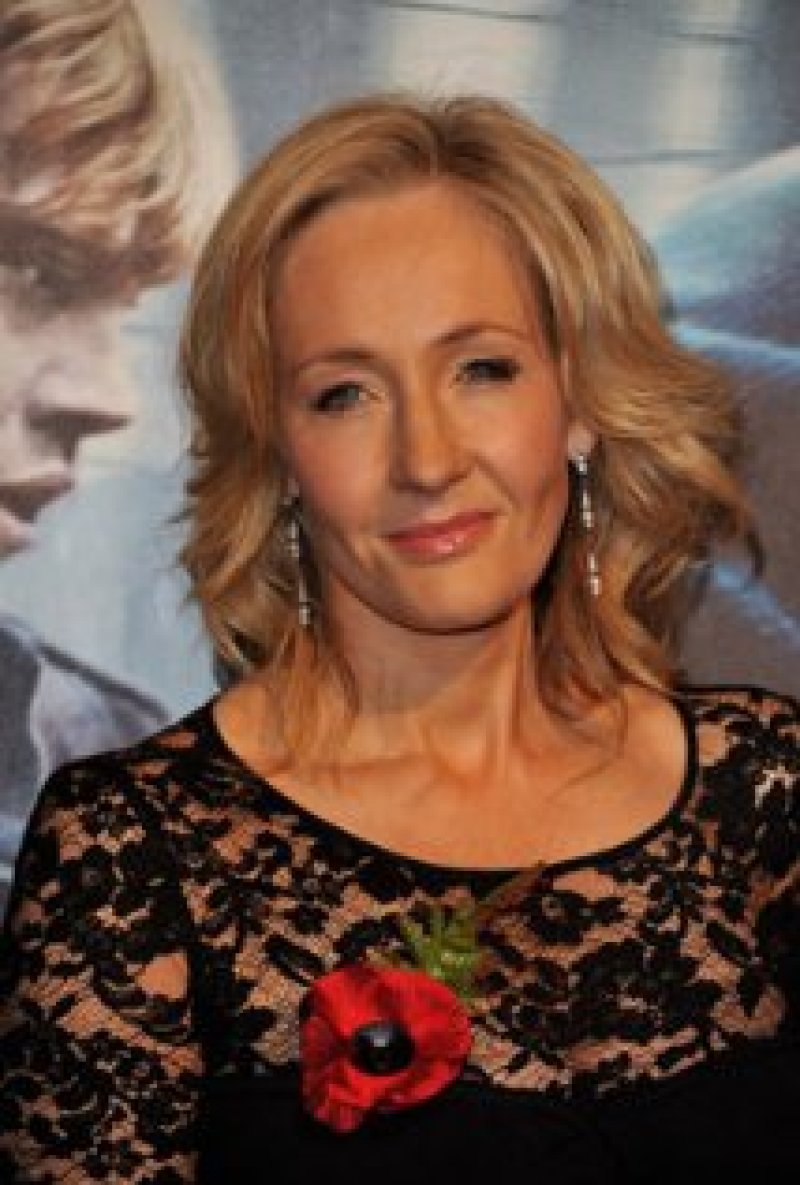
If famed Harry Potter author JK Rowling's editor had his way, then the first book of the seven-series might have been called "Harry Potter and the School of Magic."
Rowling's editor Arthur Levine suggested the title so the book would appeal to American readers. According to Entertainment Weekly, which compiled several interesting facts about the series, Rowling stuck to her guns and insisted on the title "Harry Potter and the Sorcerer's Store" since Levine's suggestion "doesn't feel right" to her.
The fourth Harry Potter book, called Goblet of Fire, actually underwent several considerations. Rowling came up with the following names: Harry Potter and the Death Eaters, Harry Potter and the Fire Goblet, and Harry Potter and the Three Champions until she finally decided on Goblet of Fire.
Additonally, the whole series would not have been made possible had it not been for the eight-year-old daughter of Nigel Newton, the founder and chief executive of Bloomsbury Publishing.
During the day the Bloomsbury editorial committee considered Harry Potter and the Philosopher's Stone, everybody cast their votes and Newton gave it a thumbs up after his daughter, Alice, "read it for me the night before and came down the stairs glowing about it." The company later offered Rowling an advance of 1,500 pounds.
When it came to writing the second book, Harry Potter and the Chamber of Secrets, Rowling worked with a new editor, Emma Matthewson. She sent back Rowling's original manuscript, saying she could already sense the brilliance of it but requested that the writer make certain revisions because it is "over-long."
Rowling returned the manuscript two months after, saying, "I've done more to it that you suggested, but I am very happy with it now, which wasn't the case before. The hard work, the significant rewrites I wanted to do, are over, so if it needs more cuts after this, I'm ready to make them, speedily."
The author recalls that cutting the song of Nearly Headless Nick, the Gryffindor ghost, was particularly painful but she agreed that the tune of the song was "superfluous."
The Harry Potter series already became a phenomenal success come the fifth book, Harry Potter and the Order and the Phoenix, and Rowling's publisher and agent had to take extra precautions not to leak the manuscript, and even had clandestine meetings just to transfer documents.
When Harry Potter and the Deathly Hallows rolled out, they even printed the early proofs with the title Edinburgh Potmakers to maintain secrecy. Another printout was called The Life and Times of Clara Rose Lovett, with the subtitle: An epic novel covering many generations.


















